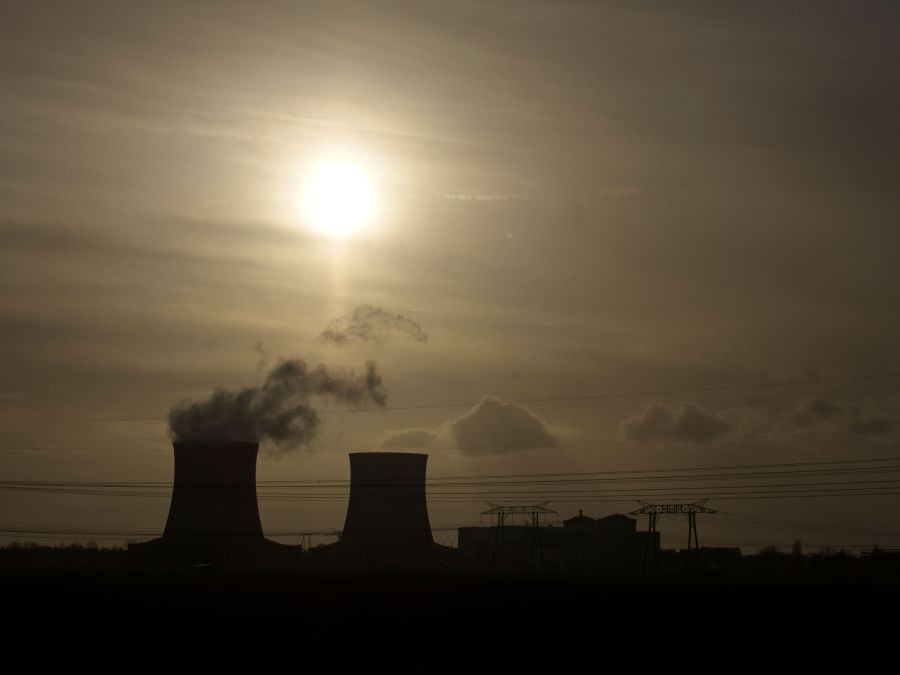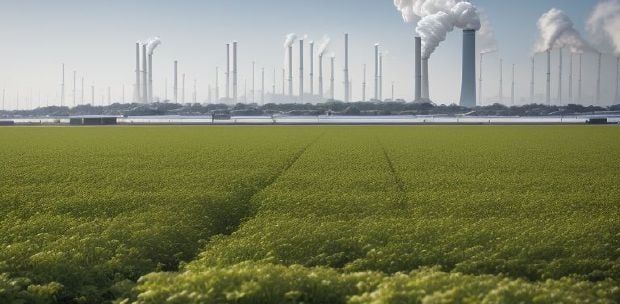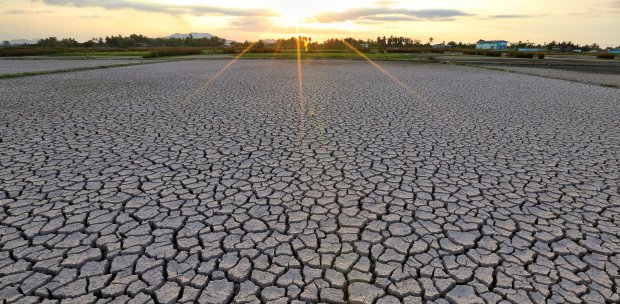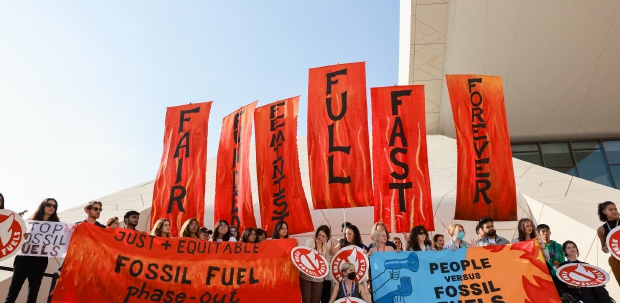TAN Sri Zakri Abdul Hamid, a former science adviser to the prime minister and now a distinguished professor at UCSI University, wrote recently on the need to love science to translate science into action.
He is right. He was commenting on a climate report that provided more evidence of a climate-related catastrophe.
Despite the piling evidence, the world lacks the urgency to take action. And he blames it on the lack of love for science among those who matter.
The truth is, only those who dabble in science truly love science.
Others pretend not to understand the evidence provided by scientists.
The unfortunate part of it all is that only these others, often the majority, can make it happen.
The scientific evidence on the changing climate was known years before the United Nations orchestrated that global movement on sustainability.
It was long before that historic UN meeting in Rio in 1992 that scientists assigned by big oil companies in the United States reported on how carbon emission was contributing to global warming.
According to a recent documentary on an international TV station, the evidence was not shared with the world.
There was, of course, a reason why the evidence was kept under wraps.
The evidence would have proven detrimental to their business.
It is now out in the open that our energy choice is the principal factor driving the warming of the world, which impacts the climate.
The level of greenhouse gas emission (GHG) in the atmosphere is the most reliable indicator that explains global warming.
And there is no more doubt that it is our addiction to fossil fuels that is doing all the damage.
It is sad that many are still in denial despite all the evidence. Those who are affected are also shifting the blame to others.
The impact of the blame-shift is felt the most by developing countries.
I believe only people can bring about change. Consumers can force businesses to change.
They are also the people who can vote governments out of power.
Scientists can only provide the evidence of a potentially damaging climate crisis. They can only advise governments and businesses on the actions that are needed.
Governments, on the other hand, would hesitate to take any action that may affect their power base.
That power base is largely dependent on big businesses and the people.
And big businesses, which we know are driving the rise in GHG emissions, hesitate to do anything that hurts their bottom lines.
Scientists are now saying that unless real actions are in place, the world will soon see a warming exceeding the earlier 1.5°C target.
Some scientists are even predicting that limiting the rise to 2°C is not achievable.
In Malaysia, we have only recently introduced a voluntary carbon exchange. Others have introduced that market mechanism earlier.
However, most carbon experts are unconvinced that this will drive the change. It is a good start, but more is needed to drive change.
They are proposing a carbon pricing and carbon taxation mechanism.
Australia tried to do just that once but it had to be called off because of vehement opposition from big business.
But then again, how can we introduce a carbon tax when we continue to subsidise fossil fuel?
We are effectively subsidising carbon emission. So taxing is in direct conflict.
At the end of the day, only consumers can force a change. Some canvassing by consumer groups is already happening.
But it is not large enough. The sustainability labelling is one such effort.
The problem is that it targets only non-fossil businesses. Even a renewable commodity like palm oil is under attack.
The other irony is that natural rubber is being harassed on sustainability, but not fossil-based synthetic rubber. It is a crazy world full of double standards.
That is why scientists can advise, but the real change can happen only with actions of the people.
The writer is a professor at the Tan Sri Omar Centre for STI Policy, UCSI University





